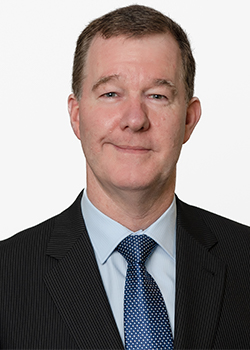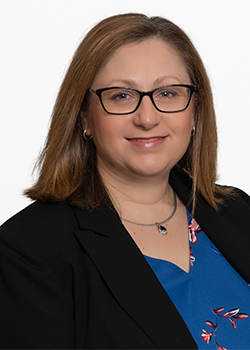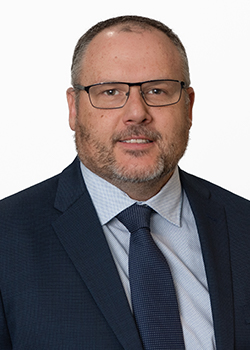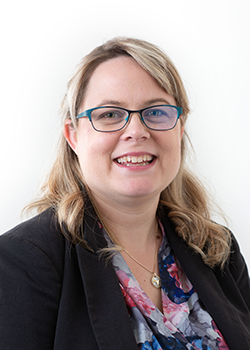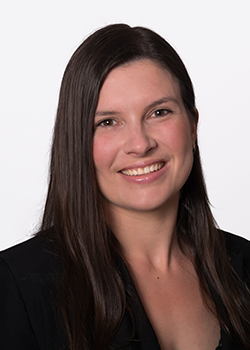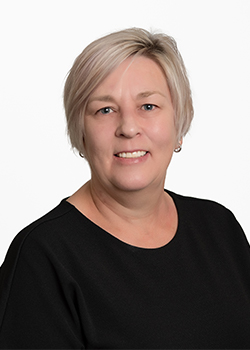Transferring wealth to the next generation

.
The next 20 to 30 years will see the biggest intergenerational wealth handover in history.
In what is widely referred to as the “great wealth transfer”, tens of trillions of dollars of assets worldwide are expected to be shifted from the estates of ‘Baby Boomers’ (people born between 1944 and 1964) to their children and other heirs.
A research paper released by the Productivity Commission in late 2021 noted that around $3.5 trillion of assets will likely change hands in Australia alone by 2050.
This will mostly be in the form of residential property, unspent superannuation funds, and other investment assets that are bequeathed to family beneficiaries.
Inherited assets currently total around $120 billion per year in Australia, and this figure is expected to quadruple to almost $500 billion per year over the next 25 years.
The large increase reflects the expectation that property values will increase significantly from where they are now over the longer term, as they’ve done in the past.
Assessing the impacts
Of course, the transfer of accumulated wealth from one generation to the next is nothing new. It’s been the norm throughout human history.
But will the record transfer of wealth that’s destined to take place over the next few decades be different from past ones? By sheer volume and value, there’s no doubt it will be.
In the United States, a study undertaken by research group Cerulli Associates in 2022 estimated that a massive US$84.4 trillion of personal wealth will be transferred in that country by 2045, comprising US$72 trillion in assets being shifted to heirs and a further US$11.9 trillion in donations to charities.
A big question for many researchers and economists is whether this looming mega intergenerational wealth transfer will have a greater economic and social impact across generations than previous ones have, and will it thereby exacerbate wealth inequality?
Also, how will governments respond to tackle wealth inequality and, at the same time, capitalise on potential revenue raising opportunities via taxes?
In Australia’s case, the Productivity Commission found that while inheritances and gifts in Australia have more than doubled since 2002, wealth transfers are actually reducing some measures of relative wealth inequality.
That’s because, on average, inheritances generally represent a small amount relative to the accumulated wealth of beneficiaries (who are often close to retirement age themselves) by the time they receive an inheritance.
Government approaches
To a large extent, the policy approaches taken by governments and tax authorities have a large impact on either reducing or increasing wealth inequality.
There are differing schools of thought on how governments should approach inheritances in general, especially in terms of so-called death taxes designed to capture revenue when accumulated assets are passed on to beneficiaries.
Inheritance taxes exist in many countries, including in the United Kingdom and in various states of the United States.
There are neither inheritance or wealth taxes in Australia as such. If you inherit a property and later sell it, you may be exempt from future capital gains tax (CGT). That’s subject to a range of conditions around inherited property and CGT exemptions, which are outlined on the Australian Tax Office’s website.
Planning for inheritances
Inheritance planning, unlike succession planning within a business, is an area that’s rarely discussed at the family level.
Most families regard subjects such as death and the future division of wealth as unpleasant, and potentially sensitive when multiple heirs are involved.
But there’s a lot to be said for having open discussions within your family about the intended treatment of assets and future inheritances.
Creating a valid will, and specifically documenting how you want your assets to be managed and divided after your death, should be a key step in the inheritance planning process.
Residential real estate and superannuation, which combined make up more than three quarters of total household assets, are the largest components of most inheritances.
Treasury estimates that assuming there’s no change in how most retirees draw down their superannuation balances, superannuation death benefits will increase from around $17 billion to just under $130 billion by 2059.
Ensuring that any superannuation you have left over at the time of your death is distributed according to your wishes requires you to complete a binding death benefit nomination provided by your super fund.
It’s important to be aware of any potential tax implications relating to inherited superannuation and other financial assets.
Estate planning can be complex. Consulting a professional adviser to help you and your intended beneficiaries map out an inheritance framework based around your circumstances, and who can also identify issues such as potential tax liabilities around inherited assets, is a prudent step.
Important information and general advice warning
We have not taken your objectives, financial situation or needs into account when preparing the above article so it may not be applicable to the particular situation you are considering. You should consider your objectives, financial situation or needs, and the disclosure documents for any relevant product, before making any investment decision. Before you make any financial decision regarding investment products, you should seek professional advice from a suitably qualified adviser. This article was prepared in good faith and we accept no liability for any errors or omissions.
Tony Kaye, Senior Personal Finance Writer
August 2023
vanguard.com.au

